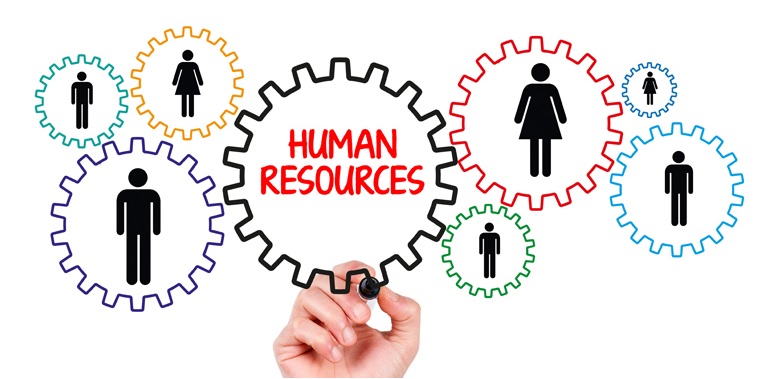Human Resources (HR) is a critical function within any organization, serving as the bridge between management and employees. In Turkey, the realm of HR is shaped by a unique blend of cultural values, legal regulations, and economic dynamics.
This article delves into the intricacies of HR practices in Turkey, exploring its challenges, trends, and the role it plays in fostering a harmonious and productive work environment.
Cultural Context and Workforce Diversity
Turkey’s rich cultural tapestry is reflected in its workforce diversity. Turkey serves as a crossroads between Europe and Asia, and this cultural mix influences HR practices. In a Turkish workplace, emphasis is often placed on forming close relationships among colleagues, which can foster a sense of camaraderie and mutual support.
The concept of “family” extends beyond biological ties in Turkey, translating into a workplace culture where colleagues are considered part of an extended family. This dynamic affects HR strategies, as building strong interpersonal relationships and maintaining open communication channels are paramount for effective team management and conflict resolution in Turkey.
Legal Framework and Labor Regulations
Navigating the legal landscape is a cornerstone of HR operations in Turkey. The Labor Law, which governs the relationship between employers and employees, outlines essential employment rights, such as working hours, annual leave, and termination procedures. Compliance with these regulations is crucial to maintain a fair and ethical work environment.
One distinctive aspect of Turkey’s HR framework is the emphasis on employment stability. Termination of employment is subject to stringent regulations, which include mandatory severance payments based on the length of service. HR professionals must navigate these regulations carefully, ensuring that decisions are both legally compliant and sensitive to employees’ rights.
Recruitment and Talent Acquisition
Recruitment practices in Turkey are influenced by a blend of traditional methods and modern approaches. While online job portals and social media platforms play an increasingly significant role, personal recommendations and referrals still carry substantial weight in the hiring process. The Turkish workforce places value on strong personal connections, which can impact the way companies source and select candidates.
Diversity and inclusion efforts are gaining momentum in Turkish organizations, mirroring global trends. HR professionals are striving to create a diverse workforce that represents different backgrounds, genders, and experiences. This not only promotes innovation and creativity but also aligns with changing societal attitudes toward workplace equality.
Training and Development
Investing in employee growth and development is an integral aspect of HR strategies in Turkey. Training programs are designed to enhance both technical skills and soft skills, recognizing that a well-rounded employee contributes to overall organizational success. Turkish businesses often value loyalty and long-term commitment, which is reinforced through continuous learning opportunities.
Mentorship and coaching programs are becoming more prevalent, fostering a culture of knowledge-sharing and skill enhancement. HR professionals in Turkey play a pivotal role in identifying training needs, designing programs, and measuring their impact on employee performance and job satisfaction.
Performance Management and Appraisal
Performance appraisal practices in Turkey often emphasize collaborative goal-setting and regular feedback. The hierarchical nature of Turkish society is reflected in the workplace, where managers are often looked up to as mentors and guides. Performance evaluations provide opportunities for constructive discussions about career progression, skill development, and areas for improvement.
However, the HR challenge in Turkey lies in balancing the traditional approach with modern performance management techniques, such as continuous feedback and goal alignment. Striking this balance is essential to ensure that employees feel valued, motivated, and aligned with the company’s strategic objectives.
Work-Life Balance and Wellbeing
Maintaining a healthy work-life balance is increasingly recognized as a priority in Turkish organizations. HR professionals are championing initiatives that promote employee wellbeing, such as flexible work arrangements, mental health support, and wellness programs. The evolving expectations of the younger workforce, combined with societal changes, have prompted a shift in HR policies to accommodate these needs.
HR in Turkey : Conclusion
Human Resources in Turkey is a multifaceted realm that intertwines cultural values, legal frameworks, and evolving workplace dynamics. Navigating this landscape requires HR professionals to strike a delicate balance between tradition and innovation, fostering a workplace environment where employees feel valued, empowered, and motivated. As Turkey continues to embrace globalization and modernization, the role of HR will remain pivotal in shaping the future of the country’s workforce and business landscape.









Comments are closed